 CGT employees' the protests follow a below-inflation pay rise they received last year. Photo: REUTERS/Abdul Saboor
CGT employees' the protests follow a below-inflation pay rise they received last year. Photo: REUTERS/Abdul Saboor
Don't mess with the French when it comes to their summer holidays.
Known traditionally as les grandes vacances, the month-long August holiday is especially valuable in a country that believes that simple — it is a human right.
This year will be different, however, as tens of thousands of public sector workers will be forced to postpone holidays and work. overtime as Paris hosts the first Summer Olympics in 100 years.
Given the disruption, French unions have threatened to go on strike unless Emmanuel Macron and the French government pay the money.
CGT, the union representing many railway workers and hospital staff, has already warned that members are ready to walk out during the summer Games.< /p>
Sophie Binet, head of the former communist union, says thousands of workers will be forced to work longer and delay vacations.
“We want the government to take immediate action to ensure the success of the Games,” Binet said last month. “For this to happen, we need to heed our warnings and prepare the Games from a social point of view.
“We've been saying the same thing for months and no one cares. It's getting very tiring.”
This is not Macron's only headache: Farmers, teachers and police officers have gone on strike in recent weeks.
The French president has also faced bruises. Last year he fought to raise the retirement age from 62 to 64, causing his government to narrowly survive a vote of no confidence.
Tony Estanguet, president of the organizing committee for the Paris 2024 Olympic and Paralympic Games, hopes things will go more smoothly this summer.
He urged unions not to “break the party” by going on strike during the Games.
Tomasz Michalski, an associate professor at HEC business school in Paris, says the protests are partly due to the below-inflation pay rise they received last year.
«This policy is deliberate on the part of the government because they need to save money due to the difficult budget situation,» he says.
Macron has been accused of losing control of France's public finances after the budget was passed. The deficit was well above forecasts.
The country borrowed the equivalent of 5.5% of GDP last year, up from 4.8% in 2022, well above the government's target of 4.9%.
France could cut spending, raise taxes or pray for economic growth to return borrowing to its downward trajectory, says Michalski.
However, he adds: “The problem is that economic growth is quite meager at the moment.” , so one of the ways in which the government tried to limit costs was by saving on the wages of public sector workers.»
Now, he says, many are resorting to the threat of strikes to recoup some of those losses.
The government has already met some demands, promising to pay civilian bonuses ranging from €500 (£428) to €1,500. this summer, servants working directly at the Paris Olympics.
Michalski says others are using the Games as leverage: “The problem for public sector workers is that everyone is hurt by high inflation, not just them. So their demands didn't generate much sympathy from the rest of the electorate.
“So what they really needed was something where they could hold the government hostage, and the success of the Olympics is absolutely important to the image of the country. So it became a bargaining chip.»
In response, the unions said they were not trying to hold the government to ransom.
Maher Tekaya, a senior CFDT Union official, says: «We will not use the Olympics to try to solve all our problems with the current government.»
“This is not our idea at all. . We don't want to spoil the Games. Like all of Paris and France, we are waiting for this very important moment and do not want to spoil it for anyone.»
Eiffel Tower Stadium is being built for the Summer Olympic Games in Paris. Photo: REUTERS/Gonzalo Fuentes
But Tekaya shares Binet's view that the Olympic Games should reflect «exemplary» values in all areas, «especially» when it comes to social protection.
He believes Macron's government has spent too long focusing on the economy rather than protecting the most vulnerable.
“Every decision they make is simply based on its impact on the economy,” he says. “They haven't thought about how to make politics fairer and more equal, and distribute the burden more equally for everyone.”
He warns Macron that unions continue to struggle.
“We still have the same majority in government, which often shows that it is deaf to what we ask for. To negotiate, we need a partner willing to compromise.»
Tekaya laughs when asked if he believes Macron is doing a good job, before adding: «In my opinion, as a trade unionist , I will say that we are clearly not satisfied with the reforms he has carried out so far.”
» At the start of his second term, he said he would govern differently. He doesn't. He shows no desire to listen to social partners and civil society anymore. Therefore I am disappointed.”
 CGT unions want Macron to pay to avoid Olympic strikes. Photo: Nathan Lane/Bloomberg
CGT unions want Macron to pay to avoid Olympic strikes. Photo: Nathan Lane/Bloomberg
Charlotte de Montpellier, an economist at ING, warns that Macron, who has sought to bolster his reputation as an economic sounding board since taking office in 2017, faces a difficult balancing act in the future.
De Montpellier has already announced deficit targets France's budget has been «unrealistic» and ministers have been forced to deny they are planning a tax raid to fix public finances.
France has already announced spending cuts of 10 billion euros this year, aiming to cut its deficit to 4 .4% of GDP and 3% by 2027. Next year's savings target may even have to be increased to 20 billion euros.
Michalski Paris business school HEC says Macron is putting his reputation on the line to cut borrowing. «France doesn't want to lose its credit rating to S&P or Moody's and these are the numbers they will be looking at.» But de Montpellier says the government is running out of options.
Some believe tax increases in France are inevitable, but she stresses: “Taxes are already quite high. So it's not that there are so many ways to easily increase your income. It is unclear where they will get the money, so in this context it is difficult to see how consensus will be reached.»
A crucial meeting between the government and trade unions looms in the coming weeks.
Macron tried to deprive France of the country's reputation as strikers operating in a bloated state.
But with child care subsidies and higher bonuses already on the agenda, he may be stuck with both. labels by the end of his second term in 2027.



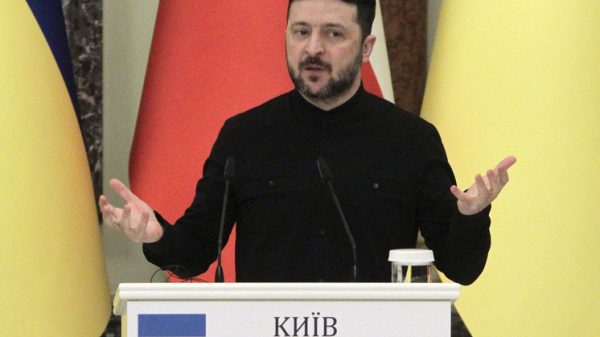

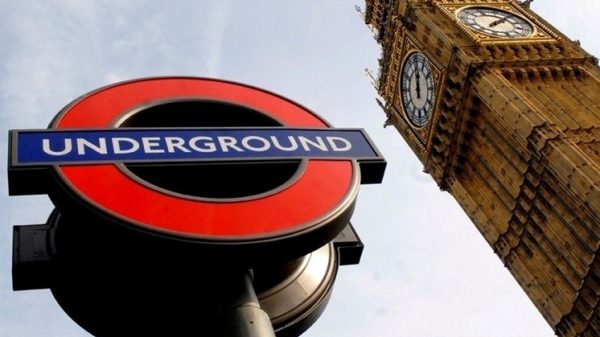








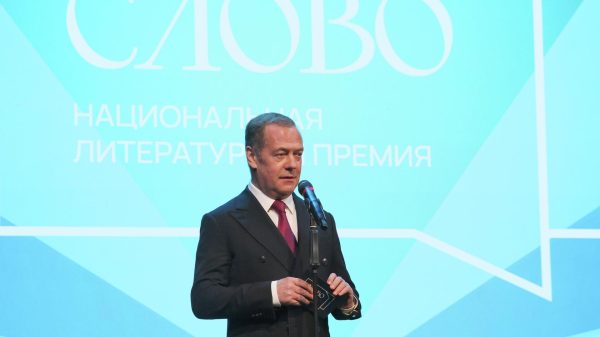
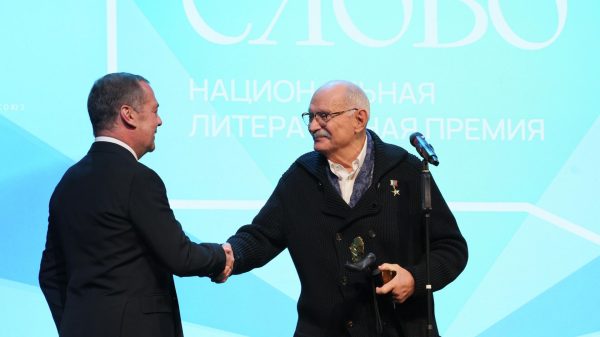
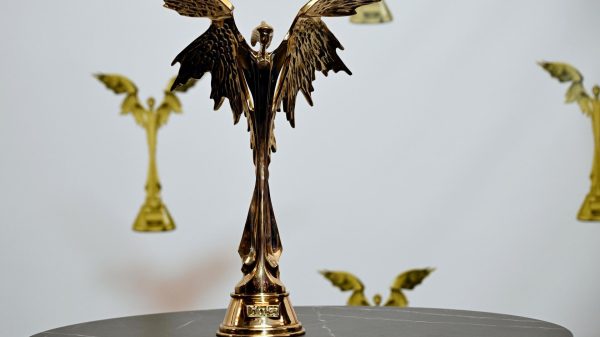














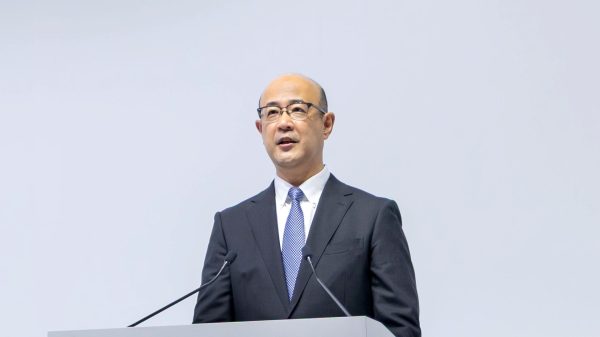


























Свежие комментарии